The US state of Virginia is just about as close to Washington DC as you can be, and even contains parts of the Washington Metropolitan Area.
Washington is home to a governing elite, as well as an underclass who serves them (predominantly black). Virginia (and Maryland) are where the public servants who run the machinery of government predominantly live.
In Australian terms, an election in Virginia is a bit like an election in the federal seat of Eden-Monaro, which is close to the seat of government and so includes a lot of public servants, nested amongst more conservative voters, and while it can swing, it has been gradually becoming more progressive.
What makes Virginia currently significant is that it...
Already a subscriber? Log in
Subscribe for just $2 a week
Try a month of The Spectator Australia absolutely free and without commitment. Not only that but – if you choose to continue – you’ll pay just $2 a week for your first year.
- Unlimited access to spectator.com.au and app
- The weekly edition on the Spectator Australia app
- Spectator podcasts and newsletters
- Full access to spectator.co.uk

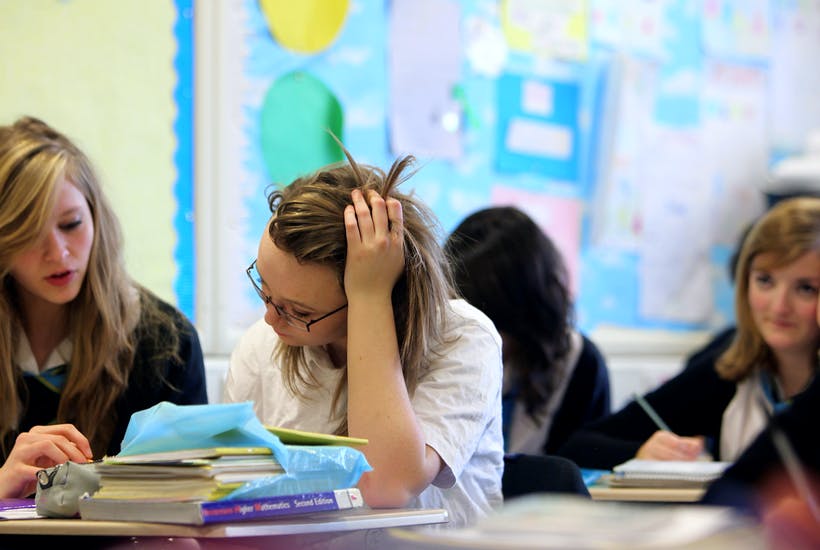
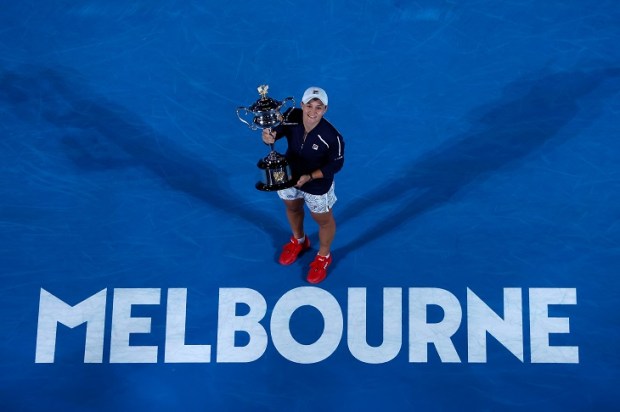

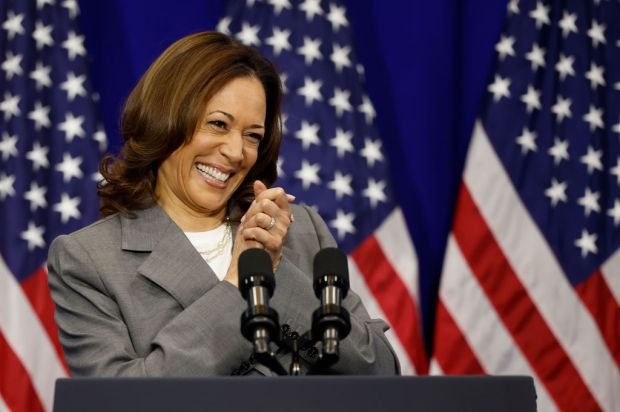

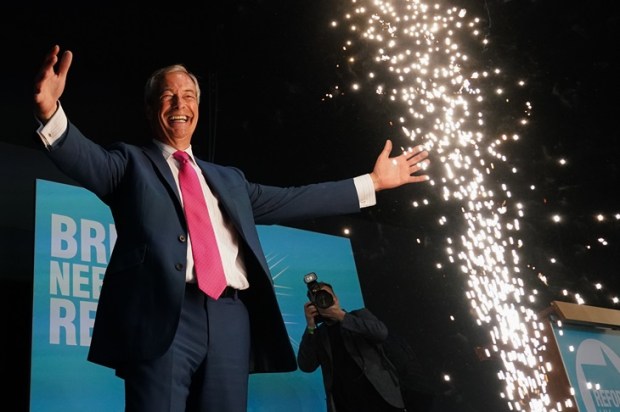
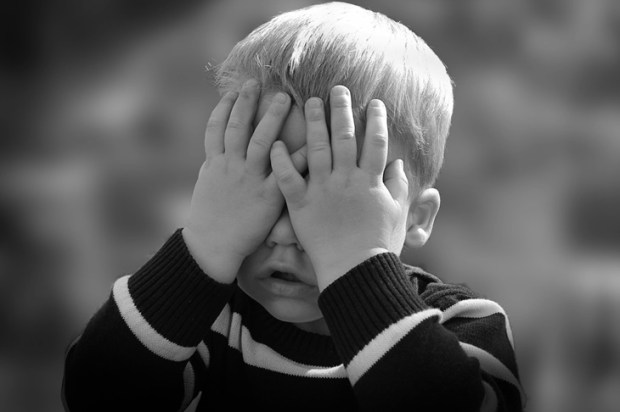


















Comments
Don't miss out
Join the conversation with other Spectator Australia readers. Subscribe to leave a comment.
SUBSCRIBEAlready a subscriber? Log in